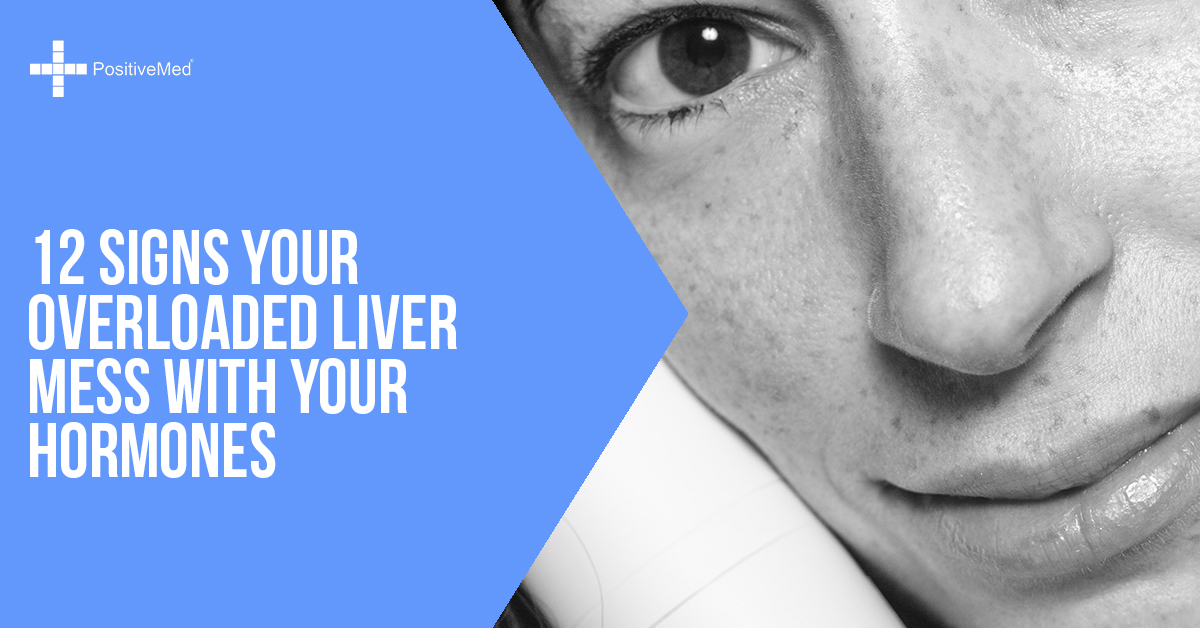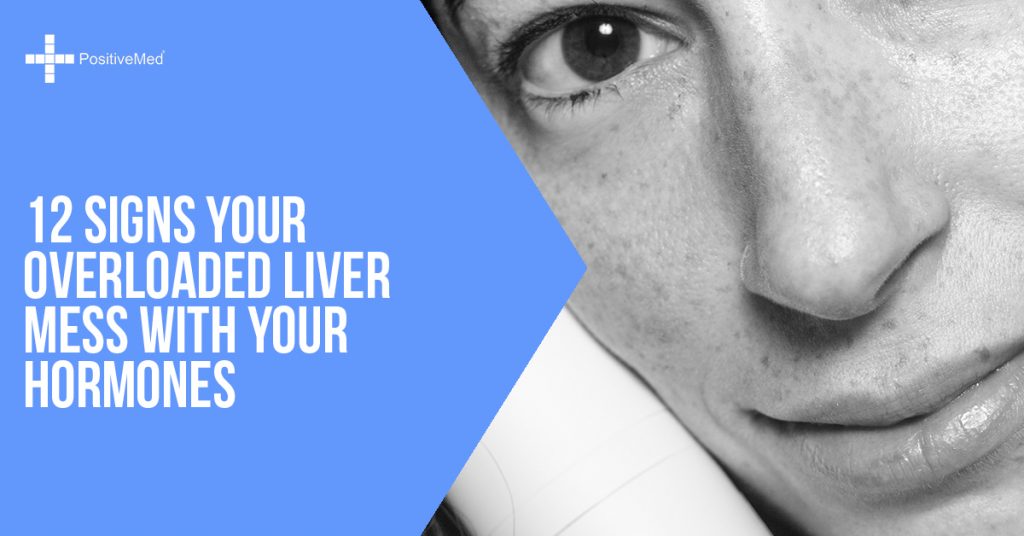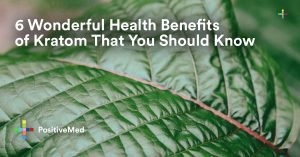Our livers play a major role in the functioning of our bodies, with detoxification being the most recognizable. Because our livers are subjected to so much stress, they can easily become overworked and stagnated. When this happens, our bodies cannot function as they should, resulting in the occurrence of certain signs and symptoms. If you are experiencing digestive or hormonal problems, there is a good chance that you may have an overloaded liver. If your liver becomes overloaded and sick, there are natural methods to restore it to a healthy state.

RELATED ARTICLE: 5 Hormones That Mess With You Every Month and Natural Ways to Balance Them
The detoxification process causes the liver’s susceptibility to become overloaded. The liver detoxifies the body from toxic foreign substances, metabolic by-products, cellular waste, broken down blood cells and hormones. Waste is eliminated from the liver through either the gallbladder and bowels or the blood and the kidneys.
Hormones, specifical estrogen, can create an overloaded liver. When sulfation or the liver pathway that produces estrogen stagnates, estrogen begins to accumulate in the body. When natural estrogens combine with synthetic estrogens from chemicals, perfumes, and plastics, a hormonal imbalance develops.
12 Signs Your Liver is Overloaded
1. Digestive difficulties such as intolerance to alcohol and fatty foods, gas and bloating, indigestion and reflux, chronic constipation and hemorrhoids.
2. Pain under the right shoulder blade, indicating gallbladder enlargement. Other symptoms for gall bladder enlargement may be nausea, vomiting, fever, and abdominal pain or tenderness, especially in the right upper quadrant.
RELATED ARTICLE: 12 Body Signals About Liver Damage
3. An enlarged liver can create pain under your right rib cage. If you are unable to squeeze your fingers under your right rib cage, your liver may be enlarged. Enlarged liver signs include jaundice, pain in the upper right abdomen, fatigue, muscle aches, poor appetite, and unexplained weight loss.
4. Gallstones
5. Allergies
6. Extreme sensitivity to chemicals
7. Blood sugar issues, such as hypoglycemia and diabetes mellitus
8. Hormonal problems such as PMS, dysmenorrhea, menopausal symptoms, PCOS, ovarian cysts
and endometriosis. Overloaded livers cause estrogen to accumulate and can manifest as
hormonal imbalances.
9. Jaundice, blemishes, rashes and other skin conditions
RELATED ARTICLE: Causes and Natural Treatments for Bad Morning Breath
10. Dark circles under the eyes and chronic fatigue
11. Strong body odor
12. Bad breath
Sulfur Can Help an Overloaded Liver
Sulfur can help the overloaded liver to balance hormones such as estrogen because it supports the liver’s sulfation pathway.
Amino acids such as glutathione, N-Acetyl-cysteine (NAC), methionine and taurine all contain sulfur. They are able to open multiple liver pathways to flush out unwanted compounds and waste, making them powerful detoxifiers.
Food to Help an Overloaded Liver
Sulfur can be found in many foods. Brassica vegetables such as cabbage, kale, broccoli, kohlrabi, collards, turnip, rutabaga, and Brussels sprouts have a high sulfur content. Other foods high in sulfur include onions, garlic, eggs, flax, and beets.
Herbs high in sulfur can cleanse an overloaded liver and include milk thistle, turmeric, artichoke, and chanca piedra. These herbs both detoxify and rejuvenate the liver. Milk thistle is a famous protector of the liver. Tumeric is known for its ability to fight cancer and inflammation. However, for better absorption, turmeric must be taken with black pepper or “pipeline.” Chanca Piedra is also known as the “stone crusher” because of its powerful effect on gallstones. Herbs can be taken in pill form, tincture or tea.
Nutritional supplements for an Overloaded Liver
Nutritional supplements that can help an overloaded liver include vitamin C, B-complex, zinc, magnesium and omega 3 oils.
Certain nutrients are specifically designed to support the metabolism of estrogen. These estrogen-supporting nutrients must be taken together. They include indole-3-carbinol (I-3-C) and DIM (diindolylmethane), fiber, probiotics, and calcium-d-gluconate. I-3-C and DIM are brassica vegetable extracts that contain sulfur and directly target the estrogen pathway.
Fiber binds estrogen in the colon and prevents its reabsorption into the body. Probiotics and calcium-d-gluconate prevent harmful bacteria from converting bound estrogen in the colon to unbound estrogen and reabsorbed into the body.
Because these suggestions to help an overloaded liver are natural, you must be patient for them to work. While the liver can be cleaned relatively quickly, hormones take much longer to rebalance. When you are aware of the signs and symptoms of an overloaded liver, you can begin to treat them safely and naturally.






